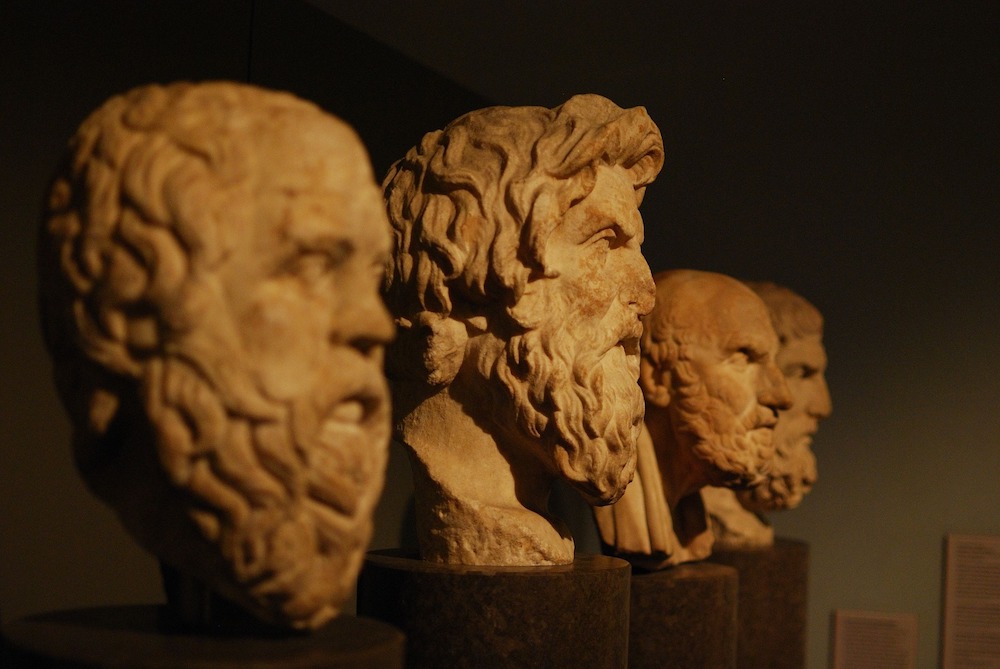 Peter Aird is a GP in Bridgwater, Somerset.
Peter Aird is a GP in Bridgwater, Somerset.
The Abolition of General Practice
Aristotle had it right when he asserted in his ‘Metaphysics’ that ‘Those who wish to succeed must ask the right preliminary question’. More than 2000 years later, doctors would do well to listen to his advice. Before adopting each and every new advance that claims to be good for our patients, we should ask what we are hoping to achieve by following such recommendations.
We ought to consider whether the answer we come up with tallies with what I would propose might, in Aristotle’s eyes, be a good preliminary question to ask ourselves: ‘What do good doctors do?’
In ‘The Abolition of Man’, C.S. Lewis had some interesting things to say about how the focus of what science seeks to do has changed over time. Whereas once ‘wise men of old’ sought knowledge in order to understand how humankind conformed to reality, Lewis suggested that for science the problem had become ‘how to subdue reality to the wishes of men’. Furthermore he contended that there were dangers inherent in such an ambition.
He realised that it would be those with power who would impose their wishes on the weak and maintained that any attempt to subdue reality to the wishes of the powerful would require nature to be conquered in order that it conformed to their desires. That, he said, would require a reducing of all of nature to nothing but its component parts, denying anything beyond the merely physical and quantifying everything only in terms of what we can measure. Lewis believed that, since humanity is itself a part of nature, this diminishing of the whole would ultimately diminish humanity and bring about what he called the ‘abolition of man’.
So what of medicine today? Does it also seek to go beyond trying to help patients face what nature throws at them and seek to conform nature to what is deemed desirable for our patients? And if so, is the result a diminishing of what it means to be human – are people reduced to being defined merely in terms of their medical parameters? Is medicine undermining what it is to be alive?
If the answers to any of these questions is ‘Yes’, the route cause may be that we doctors have lost sight of what our purpose really is. We have forgotten to ask ourselves the right preliminary question.
No longer content to busy ourselves caring for the sick we now, in the name of promoting immortality, label the healthy ill.
In the early days of the NHS therefore, alongside social reformers who developed polices to reduce the risk of disease, the wise doctors of old practised medicine for a population of people with disease whilst never forgetting that death remained a reality that could not be ignored. That was what wise doctors did.
But having forgotten this we have moved beyond this worthy endeavour and foolishly sought to employ medicine to subdue reality to mankind’s wishes. A moment’s thought will bring to mind a number of ways in which medicine has tried to do this and it will be all too apparent that this has often required the reducing of humans to nothing more than their component parts.
Take for example, perhaps man greatest desire, the wish to live happily forever after. Even though for medicine to deliver this is the stuff of fairy tales, medicine has, nonetheless, attempted to subdue the reality of death and unhappiness. No longer content to busy ourselves caring for the sick we now, in the name of promoting immortality, label the healthy ill.
Those we consult with may never have felt so well but we tell them they have borderline hypertension, that their cholesterol is on the high side, and to top it all that they have pre-diabetes. We tell them they should worry. We tell them they might die. Defining them in terms of unfavourable health indices, we then exhort them to take our medications with all their side effects and demand that they behave in ways they would not otherwise chose.
Slowly but surely, people become patients who, rather than being enabled to live well, are reduced to little more than automaton.
And if they fail to be happy, if they become anxious or sad, we try to convince them that their feelings are not really their own, that they have not experienced a genuine emotion but rather a conditioned response to the levels of serotonin floating around their biological system. And that there’s a pill for that too.
Slowly but surely, people become patients who, rather than being enabled to live well, are reduced to little more than automata whose only concern is nothing more than to avoid death and feel pleasure. They are made to worry over what is normal and become dependent on medicine to solve the problems that they do not have. Their lives are diminished by the pursuit of what we have told them they should desire most.
Lewis, it seems, was right. But it’s not just our patients who are at risk. If we in primary care forget what it is we do and capitulate to those in power who seek to impose their ideas on how we practise medicine, if we buy in to their vision and are reduced to only being interested in what can be measured, if we spend our time frantically generating the data they demand, then we will no longer be the doctors we once were, the doctors we always wanted to be.
‘What do good doctors do?’ It’s a question we must urgently ask ourselves lest the answer become that we silently watch over the abolition of general practice.











5